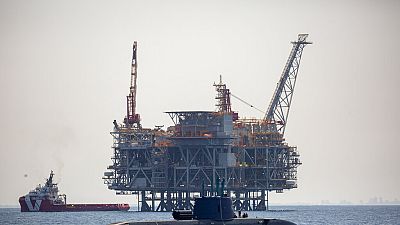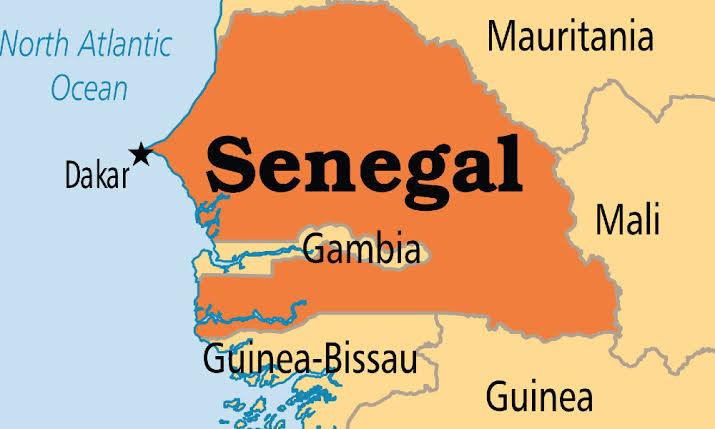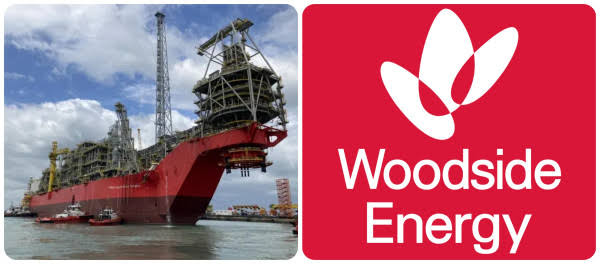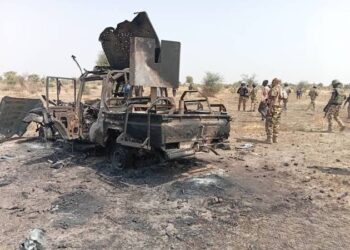Senegal’s first offshore field starts production Senegal joined the oil-producing club on Tuesday as Australian group Woodside Energy announced the start of production at the West African country’s first offshore project.
While Senegal’s fossil fuel production is not expected to be as high as that of major producers such as Nigeria, the oil and gas industry is expected to bring billions of dollars in revenue to the country and help transform the economy.
“Today is a historic day for Senegal and for Woodside,” said Meg O’Neill, the company’s chief executive, calling the production of “first oil” from the Sangomar field a “significant milestone.” The floating facility is anchored about 100 kilometers off the coast. Woodside said the vessel has a storage capacity of 1.3 million barrels.
The deepwater project is expected to produce 100,000 barrels of oil per day. The field also contains natural gas.
Woodside owns 82 percent of the deepwater project’s shares, with the remainder owned by Senegal’s national energy company Petrocen.

The discovery of the oil and gas fields in 2014 has raised great hopes for the developing country. State energy company Petrocen expects the sector to generate more than $1 billion a year for the next 30 years. Petrocen general manager Thierno Ly said the start of production marks a “new era” for Senegal’s “industry and economy.”
“There has never been a better opportunity for growth, innovation and success in the economic and social development of our country,” he said. Phase 1 of the Sangomar well development includes 23 wells, 21 of which have already been drilled.

Senegalese President Basil Diomay Faye, who took office in April, announced the renegotiation of oil and gas contracts as part of the reforms he promised during his election campaign. Senegal also operates a liquefied natural gas project on its border with Mauritania, where production could begin in the third quarter.
Several African countries are forging ahead with oil and gas projects despite pressure on countries to phase out the use of fossil fuels that produce climate-warming greenhouse gases. Affected African countries argue that it is unfair to impose such restrictions just because Western countries have grown rich from fossil fuels.
At the same time, the continent is already struggling with rising temperatures and changing rainfall patterns that, according to the United Nations, “threaten human health and safety, food and water security, and socio-economic development in Africa.


































